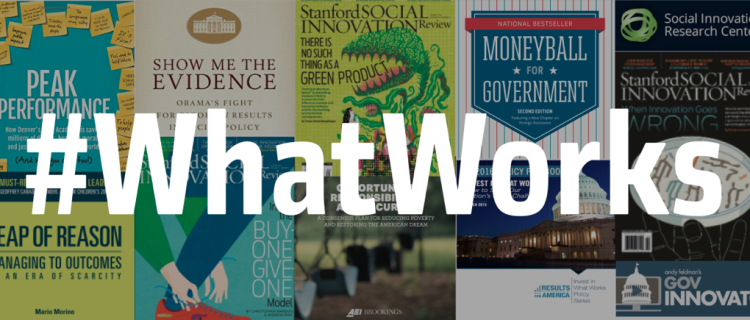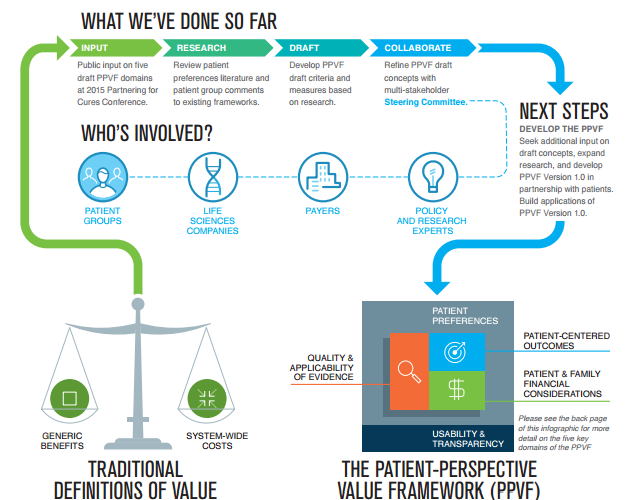1. Long view → Better financial performance.A McKinsey Global Institute team sought hard evidence supporting their observation that “Companies deliver superior results when executives manage for long-term value creation,” resisting pressure to focus on quarterly earnings (think Amazon or Unilever). So MGI developed the corporate horizon index, or CHI, to compare performance by firms exhibiting […]
1. “A gut is a personal, nontransferable attribute, which increases the value of a good one.” This classic from Harvard Business Review recaps how policy makers have historically made big decisions. It’s never just about the data. A Brief History of Decision Making. 2. A reminder to look for the nonobvious. This analysis examines differences […]
1. It’s tempting to think there’s a hierarchy for data: That evidence from high-quality experiments is on top at Level 1, and other research findings follow thereafter. But even in healthcare – the gold standard for the “gold standard” – it’s not that simple, says NICE in The NICE Way: Lessons for Social Policy and […]
1. Underwriters + algorithms = Best of both worlds. We hear so much about machine automation replacing humans. But several promising applications are designed to supplement complex human knowledge and guide decisions, not replace them: Think primary care physicians, policy makers, or underwriters. Leslie Scism writes in the Wall Street Journal that AIG “pairs its […]
Yikes, evidence-based decisions are taking on water. Decision makers still resist handing the car keys to others, even when machines make better predictions. And government agencies continue to, ahem, struggle with making evidence-based policy. — Tracy Altman, editor 1. Evidence-based home visit program loses funding.The evidence base has developed over 30+ years. Advocates for home visit programs – […]
1. Lori C. Bieda of SAS is spot on, describing how analytics professionals can grow into roles as trusted advisors for senior executives. In The Translation Layer: The Role of Analytic Talent, she explains that “Analytics teams… need to evolve from data providers into insight integrators.” Lots of detailed observations and recommendations in this white […]
Sometimes we fool ourselves into thinking that if people just had access to all the relevant data, then the right decision – and better outcomes – would surely follow. Of course we know that’s not the case. A number of things block a clear path from evidence to decision to outcome. Evidence can’t speak for […]
1. Abundant evidence → Clever synthesis → Informed crime-prevention decisions The What Works Crime Toolkit beautifully synthesizes – on a single screen – the evidence on crime-prevention techniques. This project by the UK’s @CollegeofPolice provides quick answers to what works (the car breathalyzer) and what doesn’t (the infamous “Scared Straight” programs). Includes easy-to-use filters for […]
“What counts as good evidence?” is a great conversation starter. The UK-based Alliance for Useful Evidence / Nesta offers seminars and publications to “explore what is realistic in terms of standards of evidence for social policy, programmes and practice.” Prompting discussion was a ‘provocation paper’, What Counts as Good Evidence?, by Sandra Nutley, Alison Powell, […]
1. Formalized decision process → Conflict about criteria It’s usually a good idea to establish a methodology for making repeatable, complex decisions. But inevitably you’ll have to allow wiggle room for the unquantifiable or the unexpected; leaving this gray area exposes you to criticism that it’s not a rigorous methodology after all. Other sources of […]








